Tag: SCOTUS
-
U.S. Supreme Court: Agencies had authority to create religious and moral exemptions from Obamacare contraception mandate
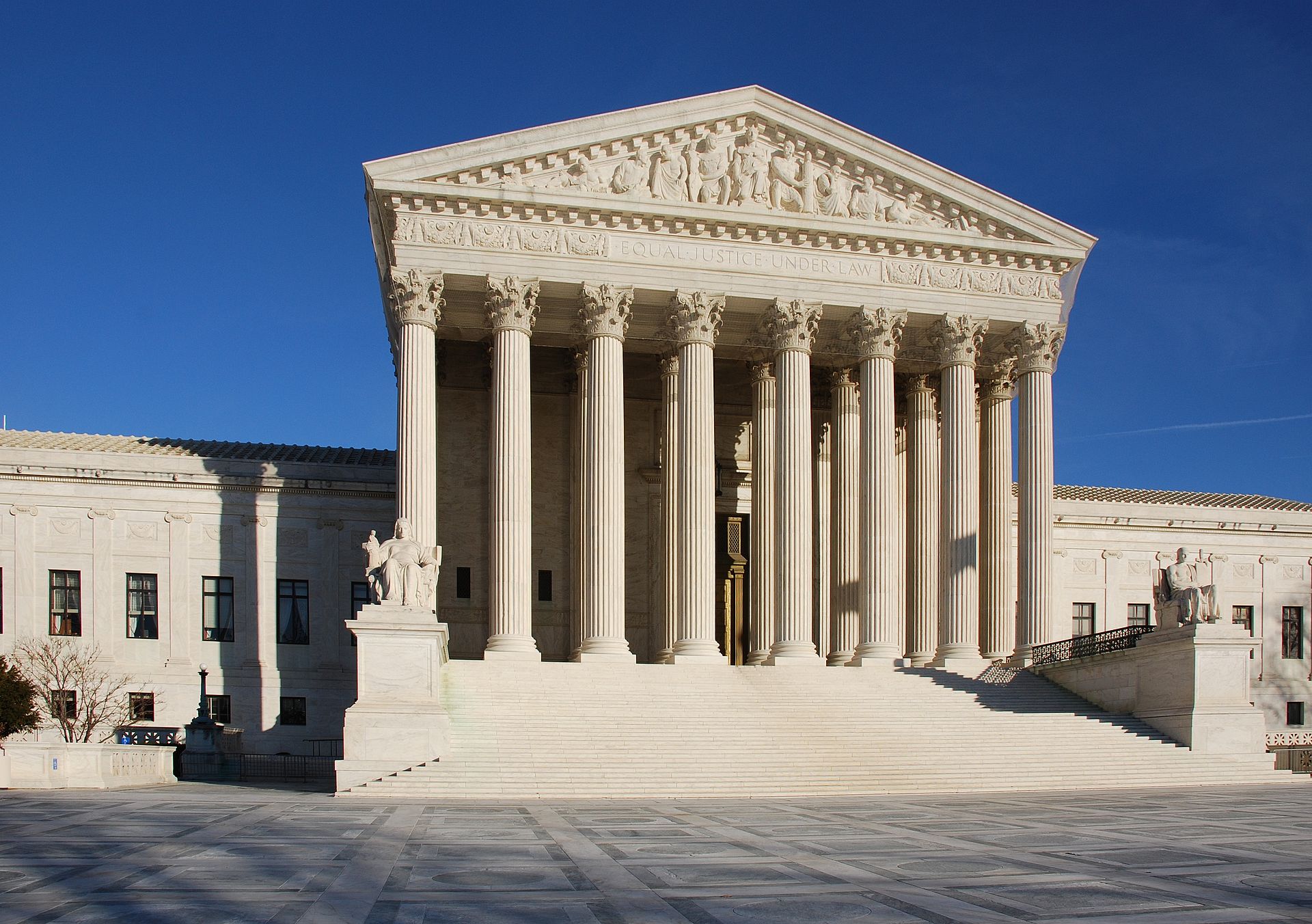
With a 7-2 decision in Little Sisters of the Poor Saints Peter and Paul Home v. Pennsylvania, the U.S. Supreme Court upheld religious and moral exemptions to Obamacare’s contraception mandate. The majority opinion held that federal agencies followed proper procedures under the Administrative Procedure Act (APA) to create the exemptions, and that the Little Sisters…
-
SCOTUS issues opinion in consolidated cases regarding employment discrimination claims filed against religious institutions
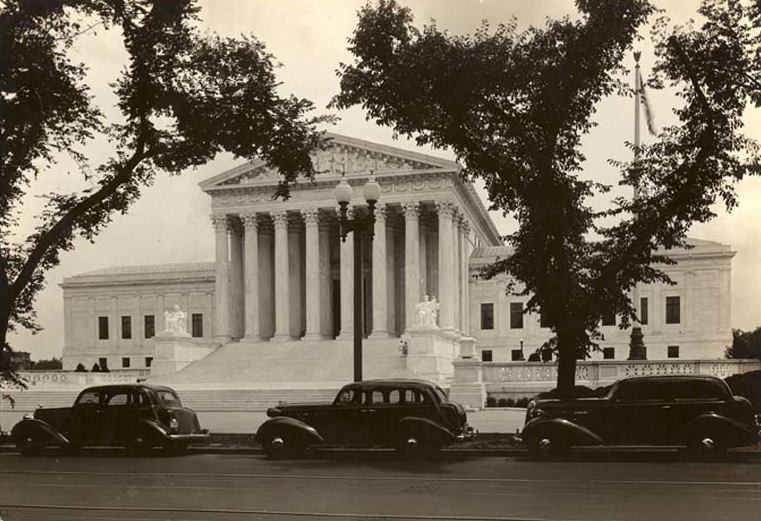
On July 8, the Supreme Court of the United States (SCOTUS) issued an opinion in the case Our Lady of Guadalupe School v. Morrissey-Berru, which was consolidated with the case St. James v. Biel. Both cases originated from the U.S. Court of Appeals for the 9th Circuit and concerned employment discrimination claims filed against religious…
-
SCOTUS issues opinions in July
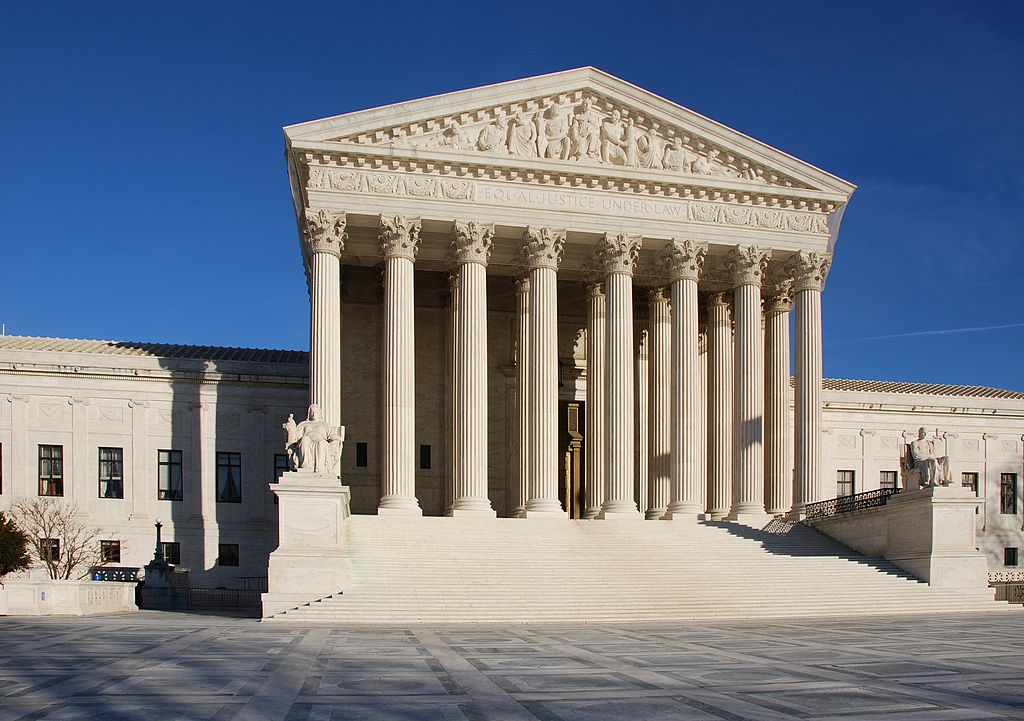
On July 6, the Supreme Court of the United States (SCOTUS) issued opinions in two linked cases, Colorado Department of State v. Baca and Chiafalo v. Washington, and in the case Barr v. American Association of Political Consultants Inc. The cases were argued during the court’s October Term for 2019-2020. According to SCOTUSblog, this is…
-
U.S. Supreme Court releases opinions on abortion, CFPB, and education

The Supreme Court of the United States (SCOTUS) issued decisions in five cases this week. The court has issued decisions in 52 cases so far this term. The court usually finishes releasing all opinions for the term by the end of June. This year, the court will issue opinions in July for the first time…
-
U.S. Supreme Court rules application of Blaine Amendment violates the free exercise clause

The U.S. Supreme Court ruled in Espinoza v. Montana Department of Revenue that the application of Article X, Section 6 of the Montana Constitution violated the free exercise clause of the U.S. Constitution. Article X, Section 6, known as the state’s Blaine Amendment or as a no aid provision, prohibited the state from making direct…
-
U.S. Supreme Court: CFPB structure is unconstitutional but the agency survives
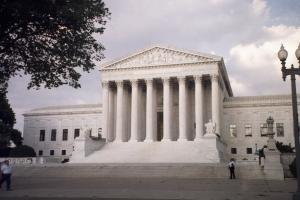
In a 5-4 decision, the U.S. Supreme Court ruled in Seila v. CFPB that limiting the power of the president to remove the director of the Consumer Financial Protection Bureau (CFPB) violates the separation of powers of the U.S. Constitution. Congress created the CFPB as an independent agency with a director insulated from direct presidential…
-
U.S. Supreme Court limits SEC enforcement powers

The U.S. Supreme Court’s June 22 ruling in Liu v. SEC limited the Securities and Exchange Commission’s (SEC) enforcement powers. The court ruled 8-1 that the SEC could ask courts to issue disgorgement orders, which require wrongdoers to give up money gathered illegally, with some restrictions. The court held that valid disgorgement orders must be…
-
U.S. Senate confirms Trump’s 200th judicial nominee with Cory Wilson to 5th Circuit

The U.S. Senate has confirmed 200 of President Trump’s Article III judicial nominees—two Supreme Court justices, 53 appellate court judges, 143 district court judges, and two U.S. Court of International Trade judges—since January 2017. On June 24, the Senate confirmed Cory Wilson to the U.S. Court of Appeals for the 5th Circuit. The 5th Circuit…
-
U.S. Supreme Court rules DACA ended improperly; dissenting opinion argues ruling creates double standard
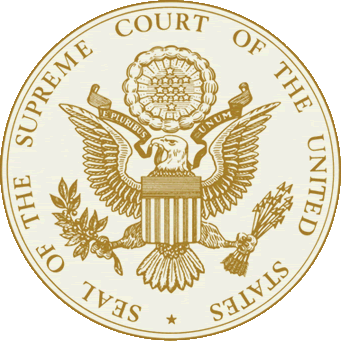
In a 5-4 decision, the U.S. Supreme Court ruled in DHS v. Regents of the University of California that the U.S. Department of Homeland Security (DHS) did not properly follow Administrative Procedure Act (APA) procedures when it sought to end the Obama-era Deferred Action for Childhood Arrivals (DACA) program in 2017. DHS started the program…
-
Lucia settles with SEC after eight years of litigation

Raymond Lucia, the plaintiff in the 2018 U.S. Supreme Court case Lucia v. SEC, reached a settlement with the U.S. Securities and Exchange Commission (SEC) on June 17 after eight years of litigation. The settlement requires Lucia to pay a $25,000 fine and allows him to reapply for reinstatement as an investment advisor. The Lucia…

